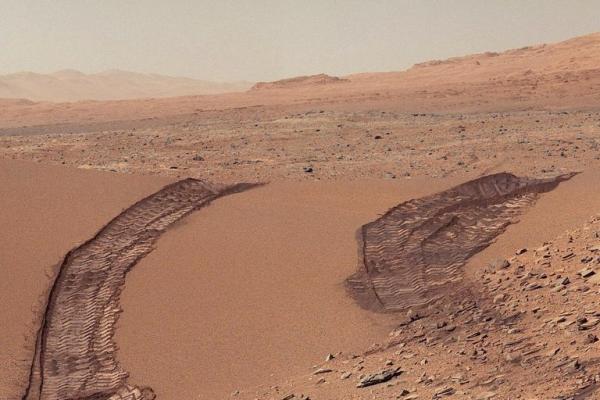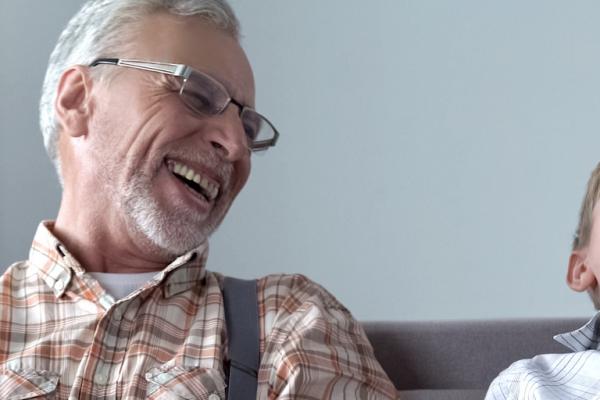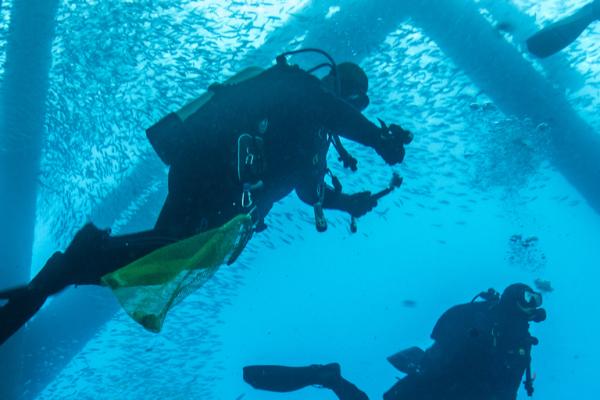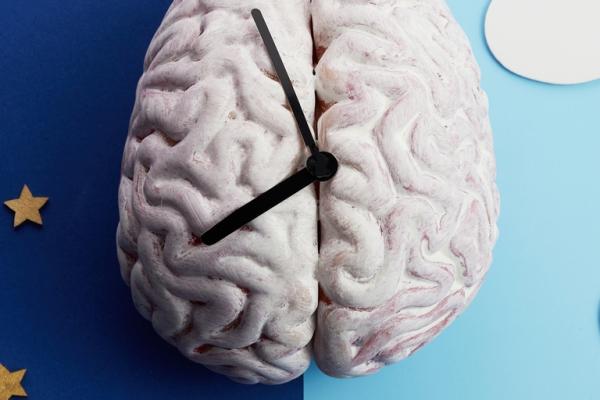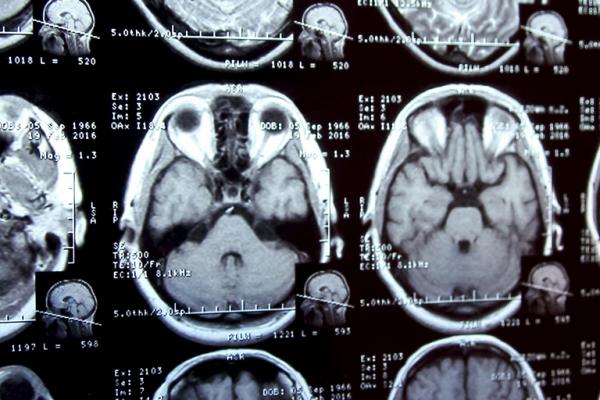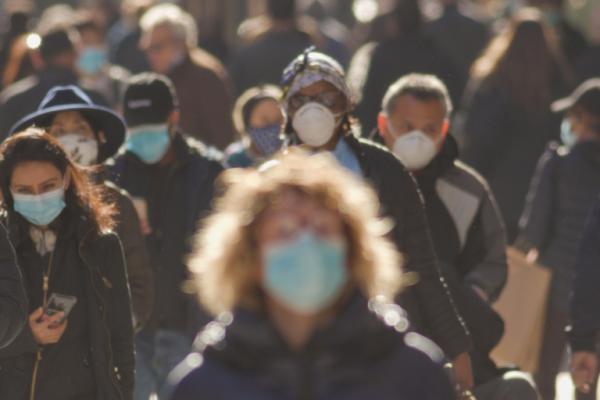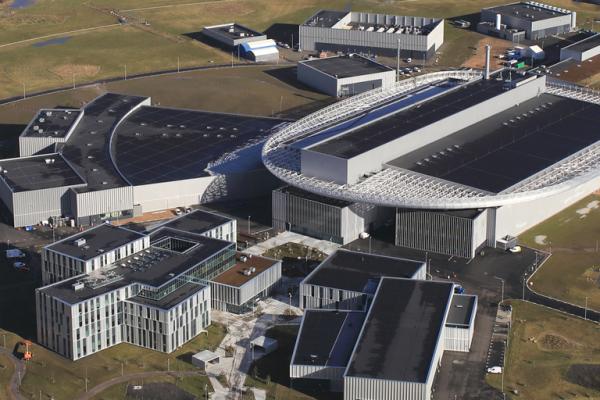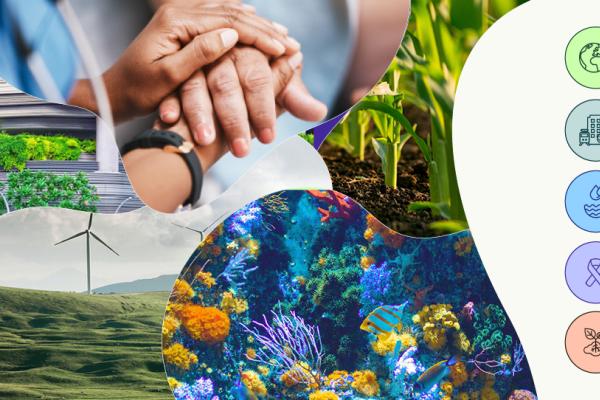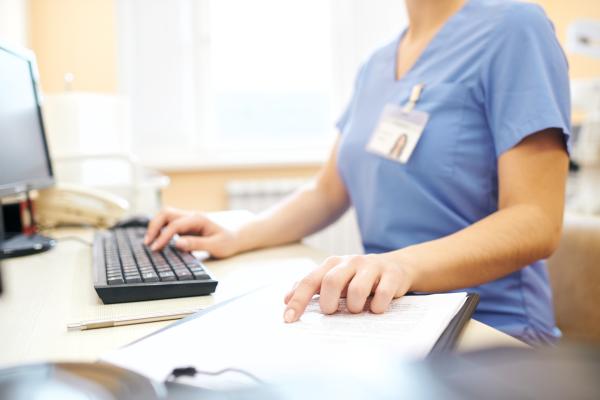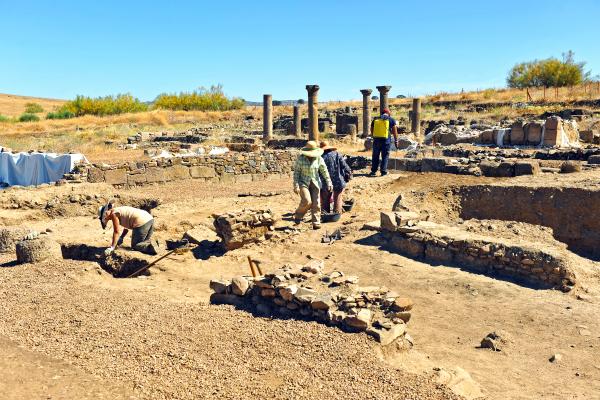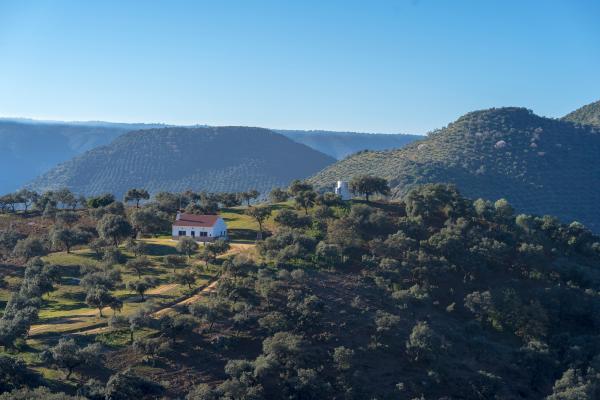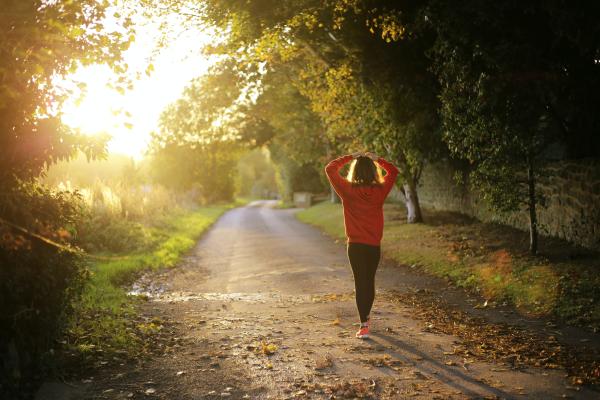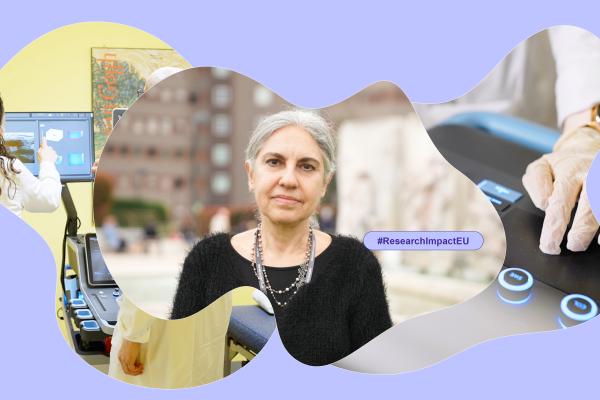Endocrine-disrupting chemicals are everywhere – from plastics to cosmetics – silently affecting our reproductive health. EU-funded researchers are shedding light on the risks and developing better tests to protect future generations.
Special series

Researchers on a mission
The EU is on a mission with researchers to protect our planet and society.
By helping researchers discover new ways to improve people’s lives, and to protect us from climate change and global health shocks, the EU is building a better future for all of us.
More stories
Most popular
-
1
-
2
-
3
-
4By Michaela Nesvarova
-
5By Anthony King
Top videos
Silent danger: researchers tackle chemicals that threaten health and fertility
2 May 2025
Science for all: Europe’s gender equality awards in research herald more progress ahead
30 April 2025
Past articles
Simulating the Red Planet’s geology and hydrology reveals how the landscape has changed, helping the search for landing sites for future missions.
While people the world over enjoy a good laugh, remarkably little is known about this instinctive behaviour.
Amid rising sea levels, plastics pollution and overfishing, the emerging Internet of Underwater Things will vastly expand knowledge about the world’s seas.
European researchers are tackling the world’s most lethal infectious disease as part of efforts to end it by 2035.
Life patterns help humans and other animals stay in sync with nature and in good form.
Scientists are refining their understanding of neural networks and sharpening diagnoses.
Efforts to improve biodiversity in Europe’s woodlands will help them better withstand the stresses of climate change.
As of today, the European Innovation Council (EIC) has a new President of the Board, Dr Michiel Scheffer. With a budget of €10 billion, the EIC aims to identify and scale up new technologies and scientific breakthroughs. In an interview with Horizon magazine, Scheffer looks at the task ahead, where he feels innovation in Europe is strong and where there is a need to do better.
Regular life may have resumed for most people, but the pandemic rumbles on as researchers keep a watch on new variants and increase efforts to better identify patients at risk.
Scientists are unleashing the power of neutrons to improve understanding of everyday materials and tackle fundamental questions in physics.
The EU is on a mission with researchers to protect our planet and society.
By helping researchers discover new ways to improve people’s lives, and to protect us from climate change and global health shocks, the EU is building a better future for all of us.
Satellites are helping Europe protect its lakes, lagoons and rivers.
As medical centres increasingly come under attack from hackers, Europe is bolstering protection.
European projects are developing new ways to clamp down on international trafficking of cultural goods.
Tackling threats to water supply in European highlands is crucial for producers of premium foods and drinks ranging from Spanish ham to Scotch whisky.
An earpiece developed by researchers in Spain warns of an impending convulsion, while a UK-based engineer is investigating how to prevent sudden death from the disease.
Making the digestive tract of the insects healthier could extend their lives and ensure they remain effective pollinators.
As Europe embraces clean energy to fight climate change, a leading ecological economist argues for going beyond “green growth”.
La docente italiana di fisica, Paola Taroni, è in missione per rivoluzionare lo screening del cancro al seno per le pazienti di tutta Europa, grazie al sostegno di un finanziamento dell’UE e di un gruppo di partner.
While inspiring creativity and fostering online communities, apps like TikTok raise concerns about potential harm to users’ health.











